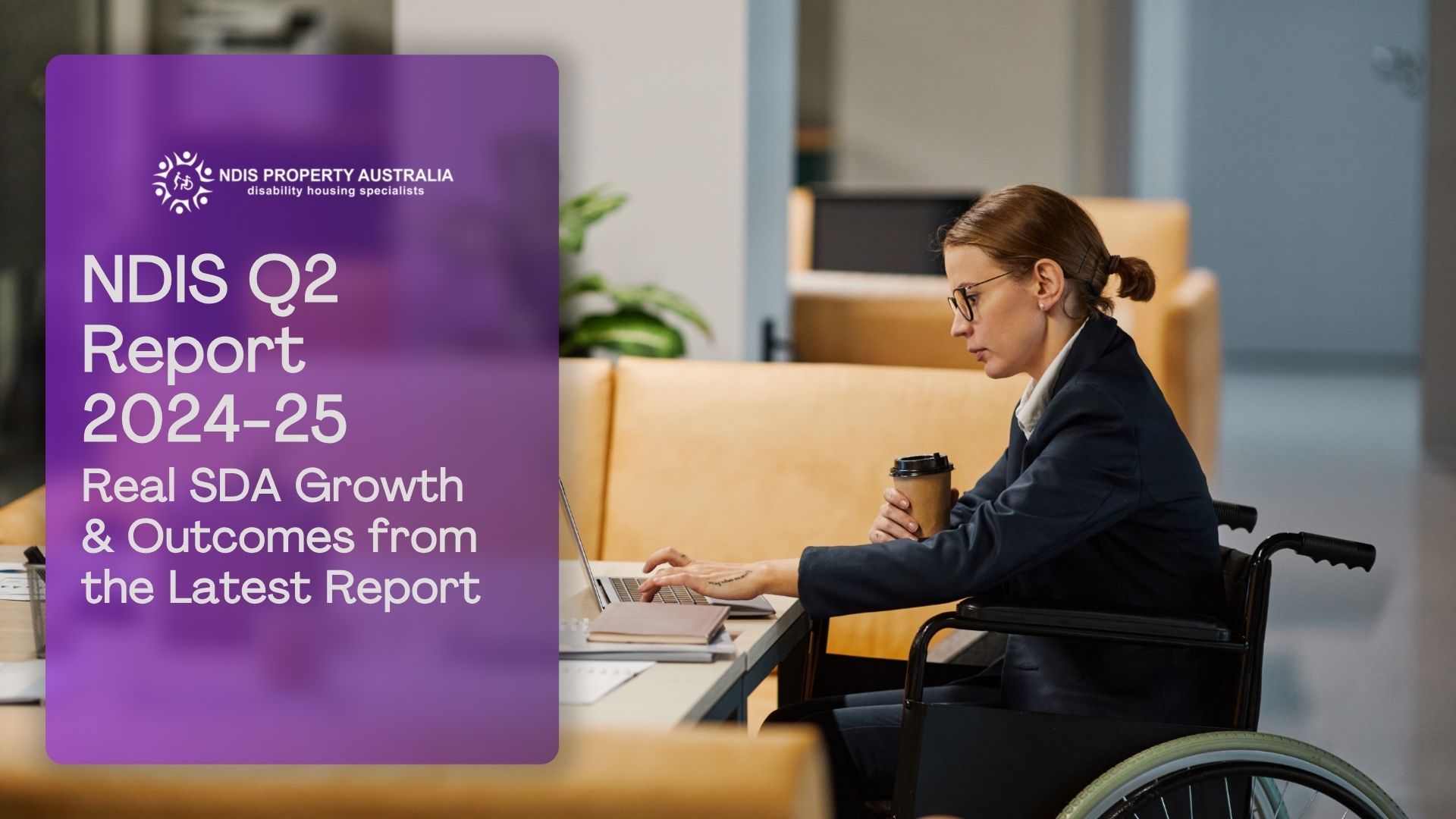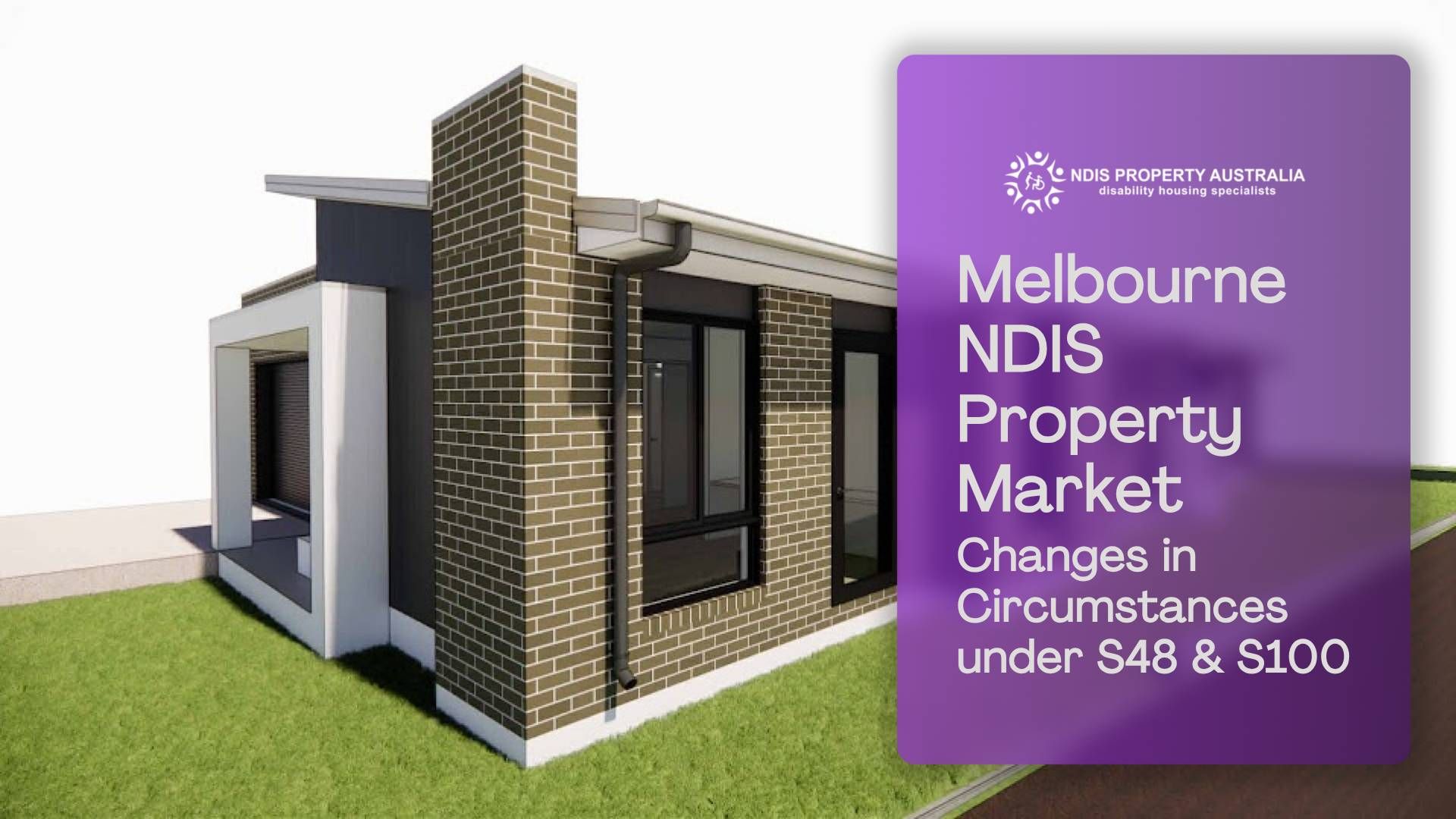A Strategic Guide for Investors: Partnering with NDIS Providers in SDA Investments
Investing in the National Disability Insurance Scheme (NDIS) for Specialised Disability Accommodation (SDA) is like entering a distinct real estate market segment. In the same way that conventional real estate investing necessitates astute contractor negotiations and an eye for desirable locations, entering the SDA sector requires a different but comparable set of abilities.
It's about becoming an expert at working with NDIS housing providers and identifying the key components that transform a prospective possibility that turn a potential opportunity into a profitable and socially impactful investment. This article covers specialist disability accommodation providers and investor briefs.
Read also:
Understanding SDA Properties and Property Management
Understanding the Role of NDIS Housing Providers
NDIS housing providers (SDA Providers) are central to the success of SDA investments. They are the link between investors, builders, and the participants and have insights into the specific needs and preferences of participants, which is crucial for tailoring your investment to meet the standards of participants who will be living in these specialised accommodations. These providers are registered with the NDIA, comply with the NDIS Code of Conduct, maintain accurate service records, and undergo regular audits.
The Role of NDIS Housing Providers in SDA Investments
NDIS housing providers play a pivotal role in bridging the gap between investors, builders, and the participants with SDA funding. Their insights into the needs and preferences of participants are invaluable for tailoring investments to meet market demands. Networking with these providers is essential for investors to stay informed about the types of properties that are most sought after by participants.
Leveraging the Experience of NDIS Experienced Builders
Working with NDIS experienced builders that understand the unique building requirements for SDA is important. These builders offer creative solutions to match each participant's specific demands in addition to guaranteeing adherence to NDIS SDA design guidelines. Builders with a track record of success in the SDA market should be sought after by investors, as their knowledge may greatly improve the calibre and fit of your investment.
Gaining Insights from Real-World Scenarios
Investors should learn from real-world interactions between providers and potential investors. For instance, understanding the challenges in obtaining participant information from providers can guide investors on when and how to approach providers effectively, such as getting into early in the investment process, ideally 6-12 months before property completion, to facilitate participant sourcing and reduce vacancy times. Getting SDA demand data will also recognize the limitations providers face in sharing participant data and the importance of having a property ready before seeking tenant commitments.
Read also:
Understanding SDA Housing in Australia: Challenges & Investment Opportunities
Insights for Investors: Key Considerations
Market Demand and Location
Periodically, the National Disability Insurance Scheme (NDIS) distributes market data that contains comprehensive details on the supply and demand of SDA in various categories and geographical areas. Examine past data and present trends in SDA real estate listings; this information is also beneficial for investing. This data can help identify which categories (like High Physical Support, Robust, etc.) are in higher demand in specific areas.
Participant Engagement
Engage with NDIS participants or advocacy groups to understand their needs. This first hand information is invaluable in making your investment participant-centric, and might include attending specific Seminars or Conferences. These events often feature discussions on market trends, including which SDA categories are currently underserved.
Regulatory Compliance
Changes in government policies or funding allocations can influence the demand for different SDA categories. Ensure that your investment complies with NDIS regulations. This includes working with NDIS experienced builders who are familiar with the specific construction standards required for SDA.
Financial Viability
Consider the financial aspects, including sources of funding for SDA projects, such as self managed super funds (SMSF’s), specialist financial institutions and your borrowing capacity, along with your risk profile. Potential rental yields, government incentives, and long-term sustainability of your investment.
Read also:
SDA Pricing Arrangements for 2023-24: Impacts on Investor and Participants
Conclusion
A comprehensive knowledge of participants' needs is necessary while investing in the NDIS housing market by the roles of various stakeholders like NDIS housing and accommodation providers, and the expertise of experienced builders. By combining thorough research with strategic networking, investors and builders can contribute significantly to this vital sector, providing much-needed accommodations for those with disabilities while also achieving sustainable investment returns.




